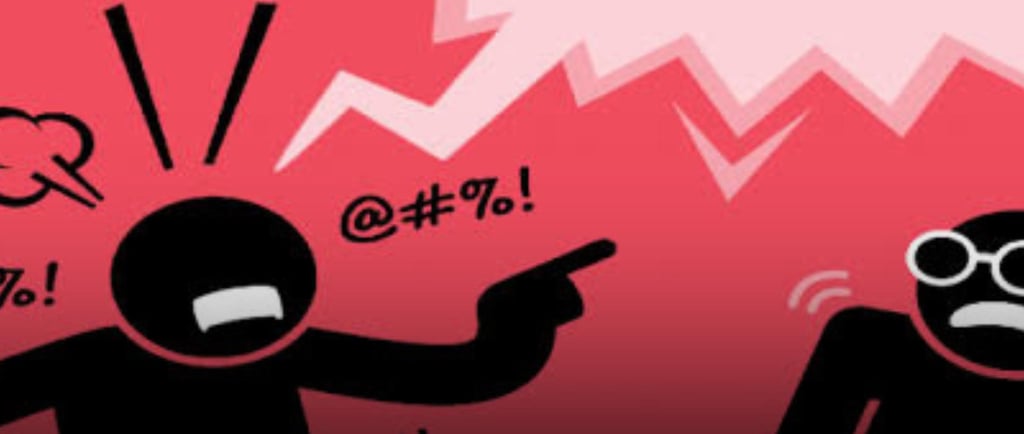Kerala Court grants bail to BJP's PC George in hate speech case.
On February 28, 2025, a Kerala court granted bail to BJP leader P.C. George in a hate speech case. George had previously been denied anticipatory bail by the Kerala High Court and had surrendered to the police. He was accused of making derogatory remarks about the Muslim community during a televised debate on January 5, 2025. The case was registered under Sections 196(1)(a) and 299 of the Bharatiya Nyaya Sanhita, 2023, and Section 120(o) of the Kerala Police Act. Following the incident, George issued a public apology on social media.
3/1/20252 min read


On February 28, 2025, the Erattupetta Judicial First-Class Magistrate Court in Kottayam, Kerala, granted bail to Bharatiya Janata Party (BJP) leader P.C. George in a hate speech case. George had previously been denied anticipatory bail by the Kerala High Court and had surrendered to the police. He was accused of making derogatory remarks about the Muslim community during a televised debate on January 5, 2025. The case was registered under Sections 196(1)(a) and 299 of the Bharatiya Nyaya Sanhita, 2023, and Section 120(o) of the Kerala Police Act. Following the incident, George issued a public apology on social media.
P.C. George, born on August 28, 1951, in Aruvithura, Kottayam, Kerala, is a seasoned Indian politician. He has served as a Member of the Kerala Legislative Assembly (MLA) for multiple terms, representing the Poonjar constituency. Throughout his political career, George has been associated with various political parties, including the Kerala Congress (M), Kerala Congress (Joseph), and Kerala Janapaksham (Secular). In 2024, he joined the BJP.
George's political journey has been marked by both achievements and controversies. He served as the Chief Whip of the Kerala Legislative Assembly from 2011 to 2015. However, his career has also been marred by several contentious statements and legal issues. Notably, in 2018, he faced criticism for derogatory remarks about a Catholic nun who was a victim of rape. In 2022, he was arrested for making communal remarks against the Muslim community, leading to his involvement in multiple hate speech cases.
The recent hate speech case against George stems from a televised debate on January 5, 2025, where he allegedly made inflammatory comments about the Muslim community. These remarks led to widespread condemnation and legal action. George's initial attempts to secure bail were unsuccessful, with both the Kerala High Court and the Erattupetta Judicial First-Class Magistrate Court denying his pleas. He was subsequently remanded to police custody for 14 days starting on February 24, 2025. However, on February 28, 2025, the same magistrate court granted him bail.
Following the incident, George issued a public apology on social media, expressing regret for his remarks and seeking forgiveness from those offended. Despite the apology, the case has sparked ongoing debates about freedom of speech, communal harmony, and the responsibilities of public figures in India.
This case highlights the delicate balance between freedom of expression and the need to maintain communal harmony in a diverse society like India. It underscores the importance of responsible discourse, especially by public figures, to prevent the spread of hate speech and to foster an environment of mutual respect and understanding among different communities.
As the legal proceedings continue, the case of P.C. George serves as a significant example of the challenges faced by Indian society in addressing hate speech and its implications on social cohesion. It also reflects the judiciary's role in upholding the principles of justice and equality, ensuring that individuals are held accountable for their actions while safeguarding fundamental rights.
In conclusion, the granting of bail to P.C. George in the hate speech case marks a pivotal moment in the ongoing discourse on communal relations and the responsibilities of public figures in India. The outcome of this case will likely have far-reaching implications for similar cases in the future, influencing how hate speech is addressed and the measures taken to prevent its occurrence.
